Mitigating Risks of Violence in Nigeria’s 2023 Elections
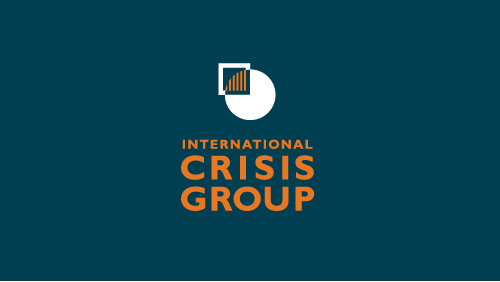
What's new? Nigeria is preparing for general elections on 25 February and 11 March 2023. The elections will be different from previous polls in several ways, posing new challenges. Amid widespread insecurity, there has been an uptick in election violence, which could escalate further during and after the polls.
Why is it happening? Intense acrimony, especially among the three major parties, has raised tensions across the country. The ethnic, religious and regional identities of the candidates, and bombast from the front runners, have polarised the electorate. Failure to prosecute perpetrators of election violence is emboldening them to commit more such acts.
Why does it matter? A peaceful election is crucial to the country's cohesion and to its credibility in discouraging unconstitutional seizures of power elsewhere in Africa. A violent or disputed vote could aggravate Nigeria's governance challenges and diminish its stature as a democratic leader on the continent.
What should be done? The security forces should step up operations against armed groups and to protect electoral commission offices countrywide, while the judicial system should speedily punish those behind election violence. Parties should tone down inflammatory rhetoric. Foreign partners should sustain support, including by sanctioning those who incite attacks.
Agricultural value chains and transformation in southern Africa : opportunities stemming from the African continental free trade area
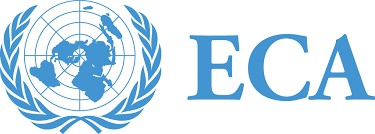
Agriculture is the backbone of the African economy, and a major source of income in African countries (African Development Bank (AfDB), 2016). Fifty-five per cent of jobs in Africa are in the agricultural sector, which generates more than 70 per cent of the income of those living in poverty. However, outdated agricultural practices, the agricultural sector’s vulnerability to climate change and variability, and the continent’s high levels of subsistence farming continue to undermine agricultural productivity. Boosting productivity, which could help address many of the continent’s socioeconomic challenges, including unemployment, entrenched poverty and food insecurity, was therefore identified as a priority area in Agenda 2063: The Africa We Want, of the African Union. The development of agricultural value chains in Southern Africa is constrained by limited technical capacity, inadequate transportation and agricultural infrastructure, widespread poverty and food insecurity, the predominance of subsistence farming over export-oriented agriculture and the agricultural sector’s vulnerability to climate change.
Atlas of African Health Statistics 2022: Health situation analysis of the WHO African Region
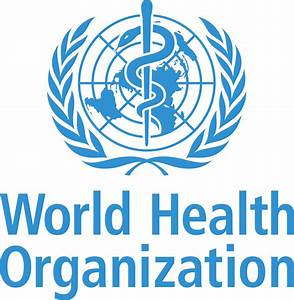
Since 2019, we have been implementing Phase 2 of the regional Transformation Agenda, which informs and aligns with the global WHO Transformation, to ensure WHO is accountable, driven by re- sults and providing value for money in the pursuit of better health. Our global priority in this period is to contribute to delivering on the triple billion targets of expanding universal health coverage, protecting people from emergencies, and promoting health and well-being for people across the Region.
2022 Atlas of African Health Statistics is being produced in the context of the COVID-19 pandemic that we have been expe- riencing for over two years. The ongoing coronavirus pandemic, together with other health emergencies in the WHO African Re- gion, is yet again testing the strength and resilience of our health systems. Indeed, the impact of COVID-19 is visible in the disruption of services. The report also presents the latest data for more than 50 health-related indicators of the Sustainable Development Goals and WHO’s “triple billion” targets and provides comprehensive country-level statistics using the results chain of the AFRO frame- work of actions for strengthening health systems to achieve UHC and the health-related SDGs.
International Debt Report 2022
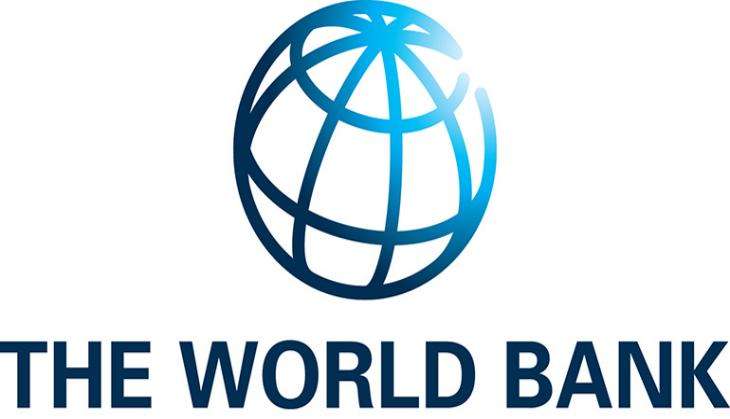
International Debt Report (IDR), formerly International Debt Statistics (IDS), is a longstanding annual publication of the World Bank featuring external debt statistics and analysis for the 121 low- and middle-income countries that report to the World Bank Debtor Reporting System (DRS). The content coverage of IDR 2022 includes:
1) analyses of external debt stock and flows from 2010 to 2021 for these countries,
2) an assessment of the evolution of the creditor composition of external debt over the past decade with particular emphasis on the emergence of non-traditional bilateral creditors and private creditors and how this has impacted the structure of borrowers’ public debt portfolios and debt servicing costs which complicate the debt restructuring process,
3) a focus on how the World Bank has sought to enhance data quality and transparency against the backdrop of rapidly changing global debt dynamics (increase in commercial borrowing, non-traditional lenders, new instruments, etc.) that contribute to debt transparency issues,
The scramble for Africa’s gas
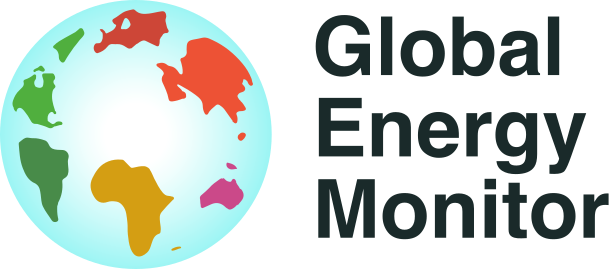
A US$245 billion planned expansion of gas infrastructure is underway in Africa, representing an enormous stranded asset risk especially as much of this gas is intended to correct for Europe’s shortterm energy crisis resulting from Russia’s invasion of Ukraine.
The war has precipitated increased investment plans in African gas across the upstream and midstream value chains, with countries such as Mozambique, Nigeria, and Tanzania on the brink of making major investments in gas export infrastructure. But these multi-billion dollar bets risk being driven by Europe’s renewed but temporary interest in natural gas, which
will likely lead to stranded assets and a failure to invest as strongly as necessary in Africa’s domestic generation capacities and renewable energy future.
Planned investment in gas pipeline and LNG export infrastructure competes with domestic demand for gas and much needed renewable energy investment for Africa to realize universal access to clean, affordable, and reliable energy.
Africa Visa Openness Index
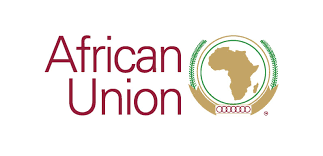
The Africa Visa Openness Index (AVOI) measures the extent to which African countries are open to visitors from other African countries. The index analyzes each country’s visa requirements to show which countries on the continent facilitate travel to their territory.
For each country, the AVOI calculates the number of African countries whose citizens must obtain a visa before travelling there, the number of countries whose citizens may obtain a visa upon arrival, and the number of countries whose citizens do not need a visa to enter. Each country is then assigned a visa openness score and ranked accordingly.
First published in 2016, the AVOI also tracks changes in countries’ scores over time. This shows how countries’ policies are evolving as regards the freedom of movement across Africa, and how visa-related policy changes can have a significant impact on the ease with which citizens of African countries can travel to other countries, and on countries’ ranking on the AVOI. The report also notes other relevant integration developments on the African continent and links these to the movement of persons, where such changes are often complementary to, or indeed dependent on one another.
Labour mobility as a key element of the AfCFTA: What role for the AU’s free movement protocol?
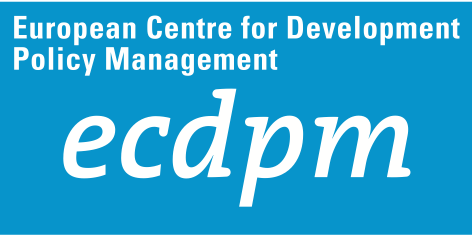
Connecting the free movement of goods and services and the free movement of persons is essential to harness the benefits of intra-African trade and economic integration. But while many African countries have ratified or signed the African Continental Free Trade Area (AfCFTA) agreement, the AU’s free movement protocol (AU-FMP) has not received as much attention.
This briefing note analyses the links between the AfCFTA and AU-FMP and the free movement protocol’s role in facilitating labour mobility, with a view to enhancing intra-African trade and economic integration. It provides insights on the mobility-related challenges and opportunities that have been created by the AfCFTA, as well as recommendations on how to strengthen the implementation of labour mobility-related aspects of the AU-FMP and the AfCFTA.
Why Africa matters to the United States: Top 5 reasons

For years, U.S. engagement in Africa has emphasized poverty reduction, foreign aid, and addressing conflict and insecurity. While critically important, these priorities have not fully kept pace with dramatic changes occurring across the region, as Africa today has emerged as one of the world’s premier destinations for cutting-edge innovation and inspiring entrepreneurship.
The briefing papers in this collection are meant to touch on some of the key reasons why Africa matters for the United States, as well as strategic opportunities for U.S. engagement in the region. These briefs focus on five key issues: how the U.S. can reinforce trade and investment in Africa, as well as advance shared values on issues of food security, global health, digital transformation, and infrastructure.
EU economic partnership agreements with ACP countries: Which way forward?
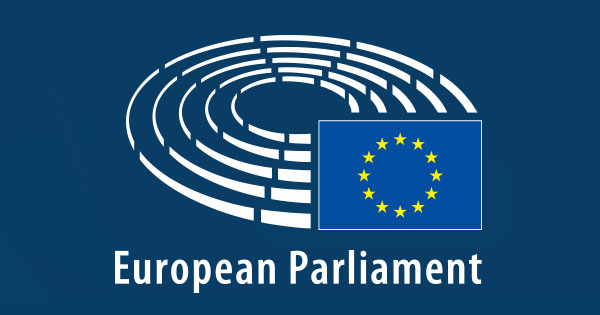
For two decades, the EU has sought to modernise its preferential trade relationshipwith the sub-Saharan African, Caribbean and Pacific (ACP) countries and establish free trade areas with regional groupings under so-called economic partnership agreements (EPAs). The process of establishing the EPAs has been longer and more complicated than initially expected, encountering criticism and opposition from civil society and some governmentsin ACPcountries, who have been worried about the potential negative impact. So far, the results are mixed, with nine agreementsnegotiated – covering more than half of the ACP countries– but not yet all implemented.
EPAs are free trade agreements thatallowACP countries to continue exporting their products tothe EU duty free and quota free, while ensuring full compliancewith World Trade Organization (WTO)rules. EU goods should also benefit gradually from full liberalisation,though with numerous exceptions related to goods ACP countries wish to protect from external competition, particularly agricultural products. In this respect, EPAs are development-oriented,asymmetric agreements providing important advantages and safeguards to ACP countries, to foster their sustainable economic development, regional integration and integration on world markets.
EU migration and asylum funds for third countries

This study, commissioned by the European Parliament’s Policy Department for Citizens’ Rights and Constitutional Affairs at the request of the LIBE Committee, provides an overview of EU funding for asylum and migration in third countries. It considers funding both from the Justice and Home Affairs funds and the external action funds, covering the previous Multiannual Financial Framework (MFF) (2014-2020) and the current MFF (2021-2027) funding periods. The study seeks to identify good practice in EU funding, including but not limited to the two country case studies on Afghanistan and Niger. It proposes a set of recommendations to improve the effectiveness, efficiency, coherence and transparency of EU funding.




